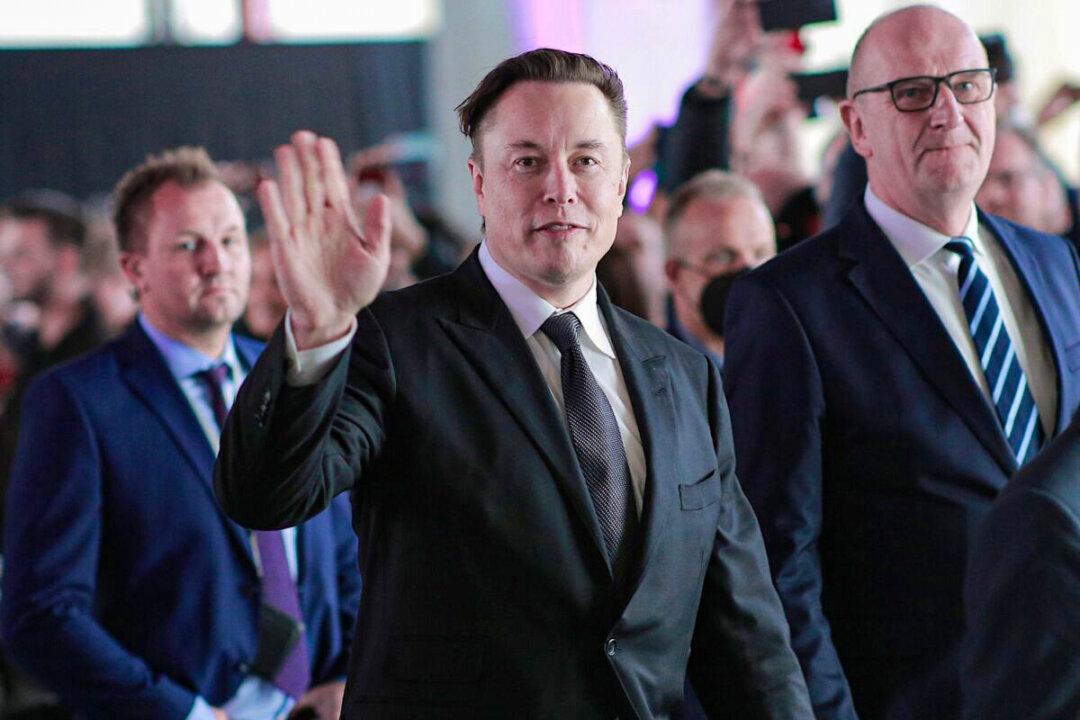Billionaire Tesla CEO Elon Musk has secured the required financing to buy Twitter and take the company private, according to a new regulatory filing. Musk is also exploring a tender offer to buy shares directly from stockholders.
The document shows that Musk has received $46.5 billion in commitment to help finance the proposed deal. If he decides to go ahead with a tender offer, he will approach Twitter shareholders and offer to buy their shares within a specific time frame. He’s still considering whether to launch a tender offer for Twitter, according to the filing.





